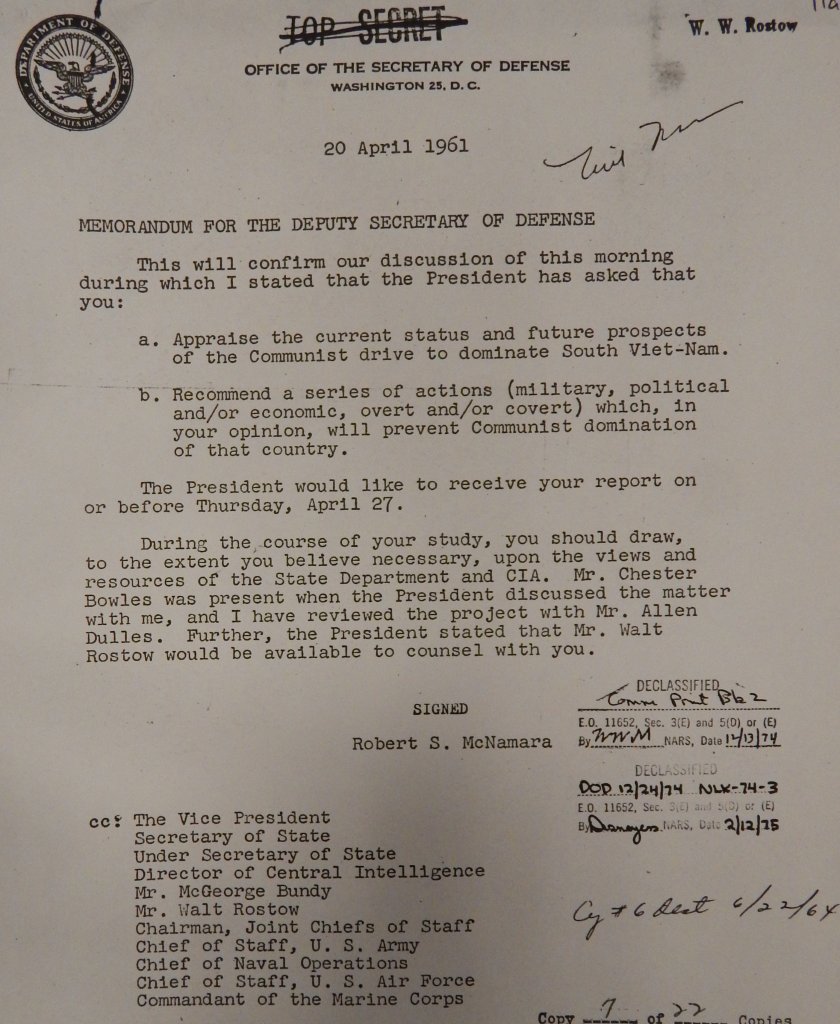Field of Research
International Relations, Political Methodology
Research Topics
Interstate conflict, crisis barganing, diplomacy, and domestic politics
Overview of Research
In February 2022, Russia invaded Ukraine despite all diplomatic efforts to avoid further conflict escalation. The ongoing war draws our attention back to the longstanding, fundamental puzzles of International Relations (IR): Why does war occur? Under what conditions does diplomacy work or fail? Why are wars often prolonged to invite further escalations? How does war end eventually?
Recent theoretical and empirical developments of conflict studies in IR offer meaningful insights to these crucial puzzles of the contemporary world. My current research further examines longstanding theories on conflict process, crisis negotiations, and the role of the domestic audience in interstate conflicts. I identify and quantify various key concepts in interstate conflicts such as: policymakers’ threat perception, discussions on conflict escalation or de-escalation, and their credibility concerns, by applying machine learning techniques to vast bodies of newly digitized foreign relations documents mainly from the United States government. This new quantitative historical approach analyzes policy elites’ perception and conflict decision-making processes in a systematic way, thereby clarifying the micro-foundations of how they deliberate, communicate, and behave in conflict processes.
One of my research projects (Katagiri and Min 2019) examined the credibility of different forms of diplomatic signals using over 18,000 declassified documents from the Berlin Crisis of 1958–63. The existing literature on crisis bargaining have predominantly used formal and qualitative methods to debate the relative efficacy of actions, public words, and private words. However, these approaches have overlooked the reality that policymakers are bombarded with information and struggle to adduce actual signals from endless noise. The results of statistical analysis indicate that material actions have greater influence on the White House than either public or private statements; and that while ostensibly “costless,” private statements provide a more precise and effective communication channel than noisier and “costly” public pronouncements in shaping elites’ perceptions.

Message to Students
I have been working on interstate conflict and crisis negotiation via a statistical and computational approach to various foreign relations documents and text data. For other publications or working projects, please refer to my personal homepage or drop me an email. I look forward to seeing you in my seminars or lectures at OSIPP.
KATAGIRI, Azusa
Associate Professor
Degree: Ph.D. in Political Science (Stanford University)
katagiri@osipp.osaka-u.ac.jp
azusa.katagiri@osaka-u.ac.jp






























